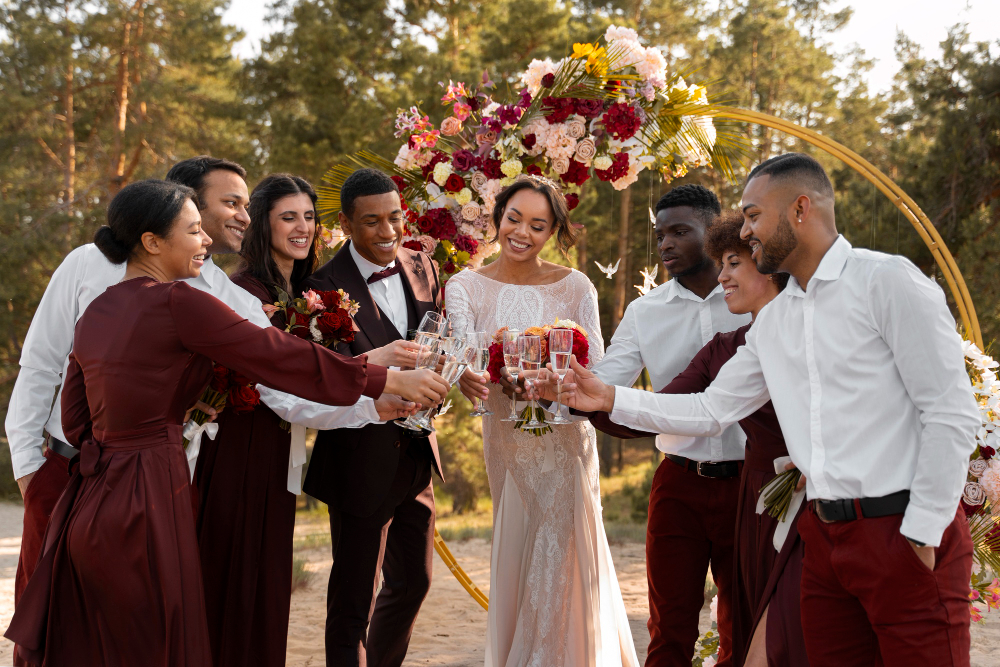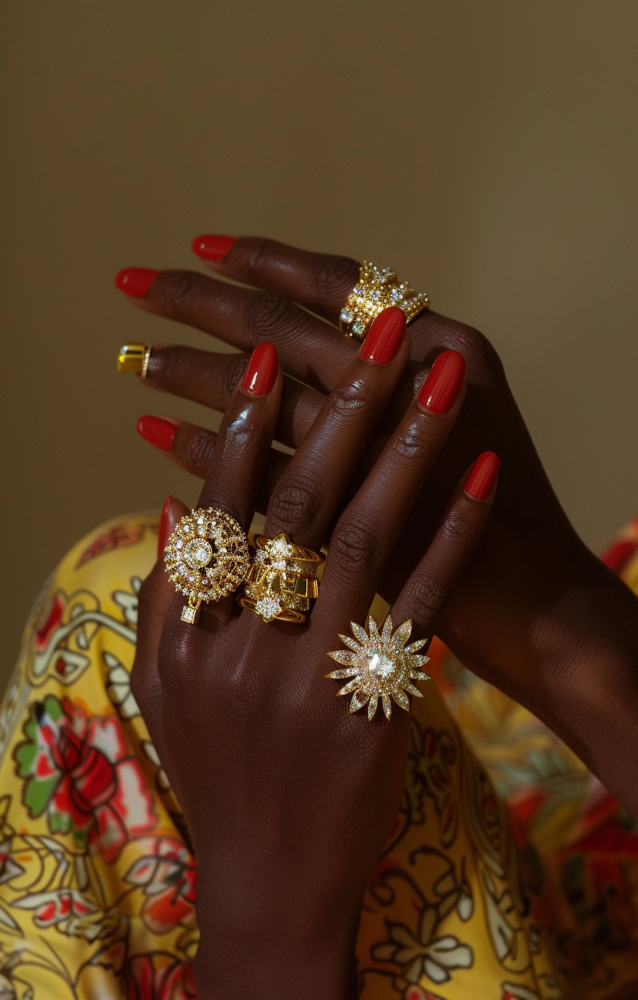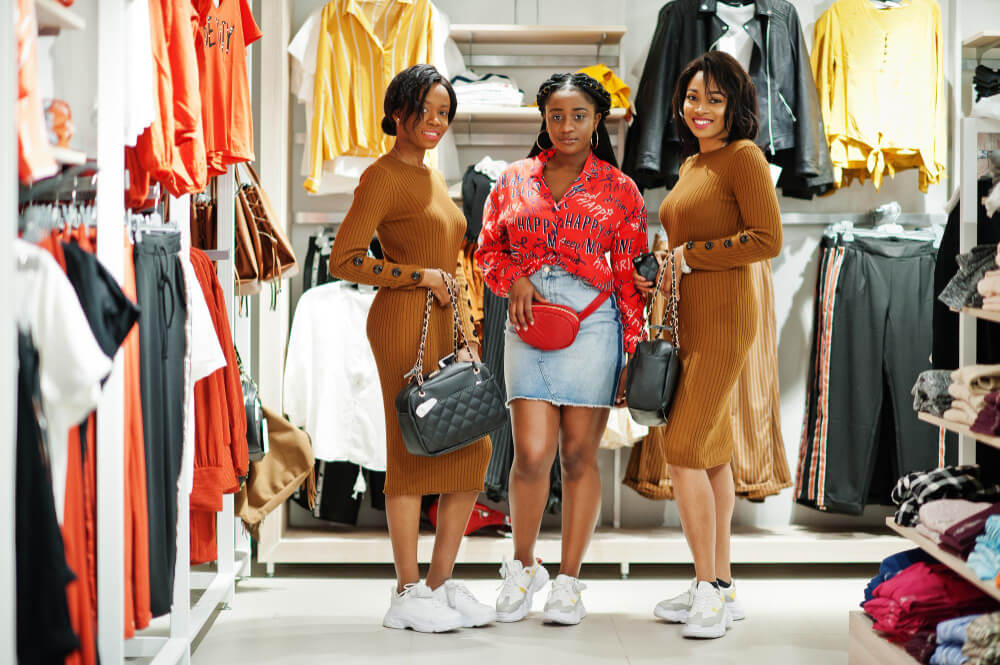South African Wedding Traditions
A Tapestry of Culture, Community, and Celebration
Home » Culture » Weddings & Ceremonies » South African Wedding Traditions
Weddings in South Africa are not just personal milestones—they are powerful cultural expressions, deeply symbolic and emotionally resonant. With 11 official languages and numerous ethnic groups, each wedding unfolds as a multi-sensory celebration of heritage, family, and communal unity. From lobola negotiations to vibrant traditional attire and ancestral blessings, South African weddings blend ancient rituals with modern meaning, creating unforgettable experiences for both guests and couples.
Lobola: Honoring Tradition and Unity
Many couples today choose to have dual ceremonies:
Lobola, or the bride-price, is a pre-marital tradition practiced in many African cultures.
It involves negotiations between families, often with cattle or monetary offerings, symbolizing respect, gratitude, and the joining of families.
Far from a transaction, lobola is a sacred act of unity, with elders playing a key role in formalizing the commitment.
Celebration Across Cultures
Zulu Weddings
- Feature two ceremonies: one at the bride’s home, one at the groom’s.
- Umabo ceremony marks the bride’s entry into her new home, with gifts like blankets and mats.
- Known for vibrant beadwork, ceremonial dances, and dramatic traditional attire.
Xhosa Weddings
- Often span multiple days, rich with symbolic rituals like “ukutwala,” a traditional act of claiming the bride.
- Include ancestral prayers, beaded clothing, and music-fueled feasts.
- Community involvement is central, with elders leading blessings and customs.
Sesotho Weddings
- Symbolic gestures include sweeping the path of the bride, representing a clean start.
- Traditional wear includes dintepa (cowhide skirts) for women and suits or traditional blankets for men.
- Drumming, storytelling, and long feasts are key elements.
Afrikaans Weddings
- Generally follow a Christian ceremony, often in churches with symbolic Bibles or heirlooms.
- Post-ceremony includes receptions filled with traditional food, Afrikaans music, and dancing.
- Reflect a mix of European elegance and Afrikaner warmth.
Indian South African Weddings
- Include multi-day celebrations, from Mehndi and Sangeet nights to Vedic or Islamic ceremonies.
- Brides wear intricate sarees or lehengas, while grooms often arrive in regal fashion.
- Drums, dance, and fire rituals bring spiritual and festive energy to every moment.
Rhythm, Rituals, and the Role of Community
- Music and dance are non-negotiable—from Tswana kiba steps to Venda drum circles, movement is memory.
- Traditional instruments, call-and-response songs, and vibrant dances infuse the ceremony with rhythm and reverence.
- Community participation is central, with celebrations involving entire villages, townships, or neighborhoods. Everyone becomes part of the couple’s journey.
For travelers or guests, witnessing or attending a South African wedding means experiencing culture at its most vibrant and heartfelt—where every ritual has meaning, every song tells a story, and every gathering becomes a lasting memory.
- Search
Sponsored Ads (Coming soon)
Want to showcase your brand to a wider audience? Sponsor this section and get seen by potential customers.
- Explore South African Culture
- Key Wedding Traditions Across Cultures
- Zulu Umabo Ceremony
- Xhosa Traditional Wedding
- Afrikaans Christian Weddings
- Indian South African Weddings




